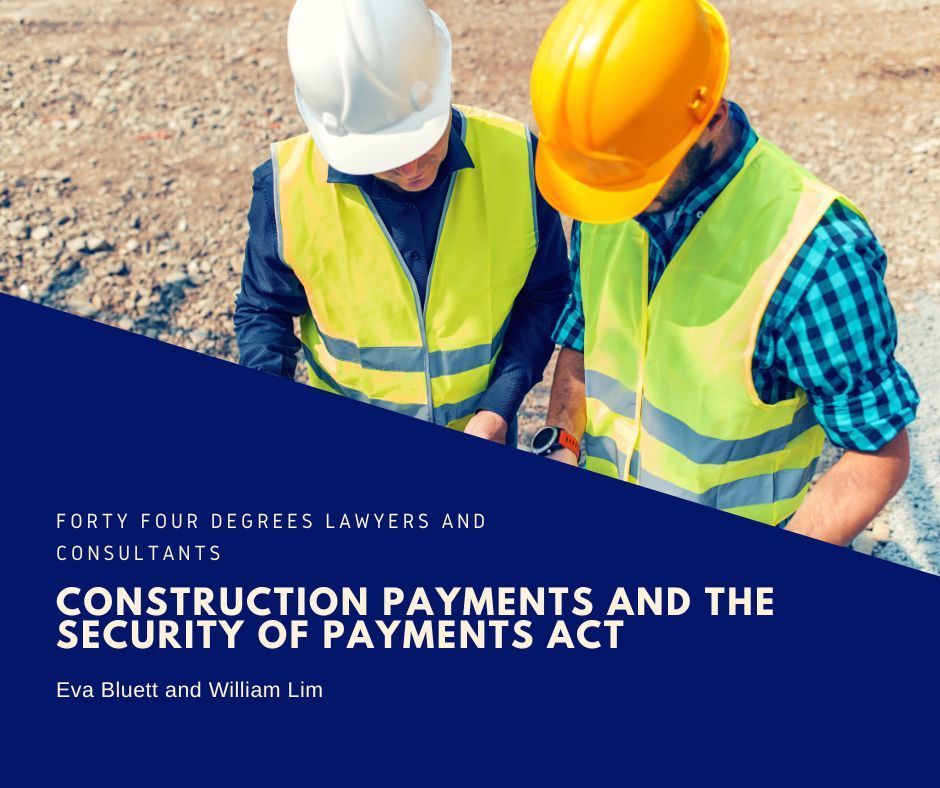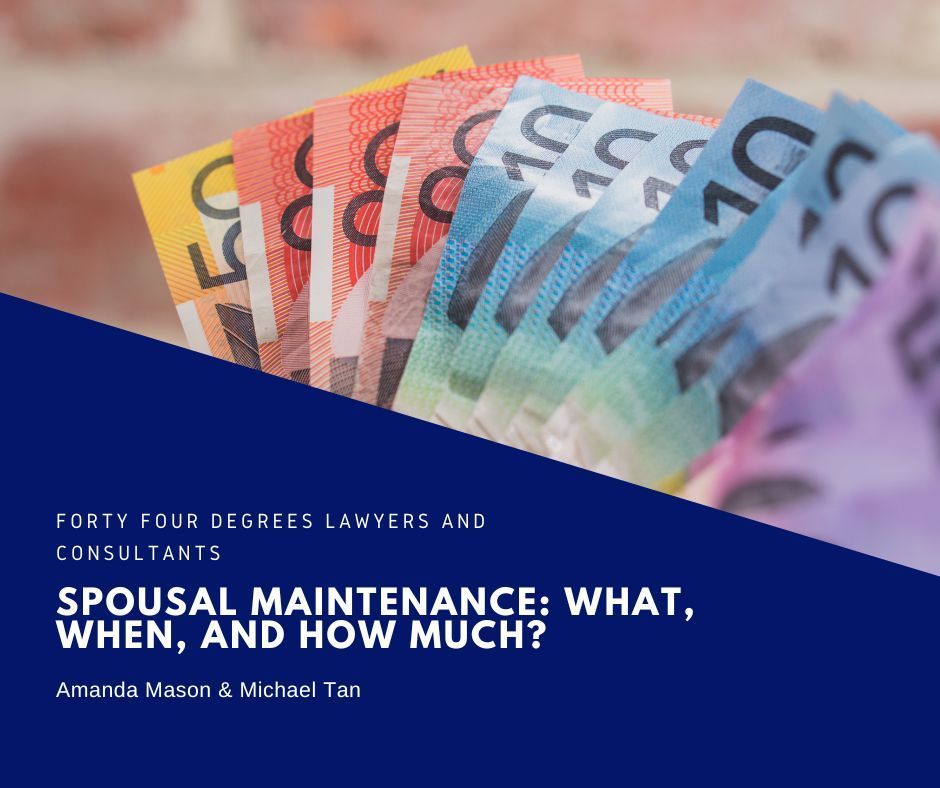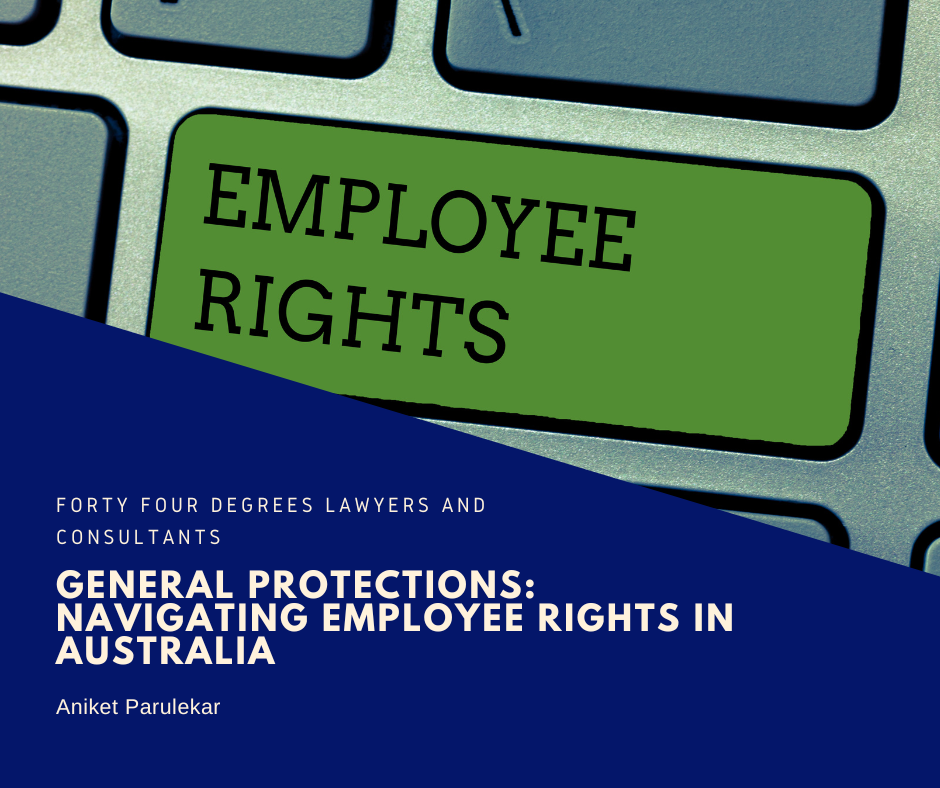E Signing in the Time of Coronavirus
Hana Lee • Mar 13, 2020
E signing is a necessary feature in the current pandemic climate. We answer your e-signing questions below.

Coronavirus (COVID-19) is causing a lot of strife and anxiety. Businesses are scrambling to respond. If you have not thought of the necessity of electronic signatures as part of your business toolbox, now is the time to put virtual working steps, such as e-siging, in place.
Are electronic signatures legal?
Over the last decade, digital signing tools exploded in popularity. The most notable names in digital signing are AdobeSign and Docusign, but a dozen other competitors are fighting for market share.
Adopting e-signing practices comes with a host of benefits for client and business alike. A research study carried out by DocuSign found that upon adopting e-signing practices, businesses’ internal processes were up to 90% more productive, with document handling times reduced from 90 minutes to 9 minutes – a tenfold reduction in time spent preparing, printing, signing (and in some cases, scanning and re-sending) and posting documents. Signing documents should never be rote - you must read and consider what is written - but it should and can be more efficient.
Due to the uncertainty of whether electronic signatures are valid, the legal sector has been slower than others to adopt across-the-board e-signing practices.
This article will provide a breakdown of the current status of e-signing in Victoria, with many of the laws applying to the rest of Australia. Note that e-signing validity varies across states and countries. For example, the US passed the United States Electronic Signatures in Global and National (ESIGN) Act (2000). Electronic signatures have been accepted as valid at the US federal level, and in most US States, for over two decades. At around the same time, Australia passed the Electronic Transactions Act 1999 (Cth) (ETA), which set the legality of many of the categories below.
Under the ETA, 3 requirements must be met for an electronic signature to be considered valid: identification of the person signing (as a question of fact); reliability of the identification and of the circumstances under which the signature is requested, including consideration of the document type; and consent of the person agreeing to sign.
Electronic or digital signature?
Electronic signatures encompass any electronic process indicating acceptance of agreement. These include your name typed out at the bottom of an e-mail, 2-factor authentication processes and most common electronic authentication methods to verify the identity of the person signing. Electronic signatures may have an audit trail to verify the signer’s identity, but the trail may not always be secure.
Digital signatures, in comparison, are signatures that have been authenticated using a certificate-based digital ID, often with encryption. DocuSign and AdobeSign offer certification that someone’s signature if valid, and proof of signing can be shown through the digital certificate associated with a signature.
Legally speaking, electronic and digital signatures have the same level of validity. At present, provided the 3 requirements under the ETA are complied with, the law does not favor a digital signature over an electronic one or vice versa.
Electronic signature categories
Click-wrap
Click-wrap agreements are encountered almost daily – these are agreements where acceptance is indicated by clicking ‘I Agree’. The positive action of clicking on the box to agree is taken, almost universally, to validly indicate acceptance to contract. Whether the agreement terms are unfair or missing essential terms is a different matter.
Contracts and agreements
Electronic signatures are generally accepted as valid provided the 3 requirements of the ETA are met and the signing party is an individual.
Stuart v Hishon [2013] NSWSC 766
found that typing one’s name at the bottom of an e-mail indicates an electronic signature. As such, it was found that an agreement was formed by exchange of e-mail. In Getup Ltd and another v Electoral Commissioner [2010] FCA 869, it was found that a stylus on a computer trackpad was a valid method of collecting a signature. In addition, in Claremont 24-7 Pty Ltd v Invox Pty Ltd [No 2] [2015] WASC 220, a landlord was found to have accepted the terms of a lease by sending an e-mail with his name typed, and attached a copy of the lease to the e-mail.
Expressly excluded documents
There are many expressly exempt categories under the ETA and are included in the regulations linked below. However, the ETA allows for state-based legislation to override the ETA, leading to a fragmented understanding of which documents can be e-signed and which cannot. The Electronic Transactions Regulations 2000 (Cth)
contains a running list of documents, as required by various legislation, to which the ETA does not apply. More confusing still is the minority view that express exemption from the ETA provisions does not necessarily indicate express invalidity of electronic signatures.
In terms of Victorian state legislation, the Electronic Transactions (Victoria) Regulations 2010 (Vic)
expressly excludes wills, codicils or any other testamentary instrument that is created, executed or revoked.
Documents requiring witnessing
At this stage, electronic platforms do not allow for online witnessing of documents.
- It is generally accepted that the requirements for witnessing documents are:
- You must be physically present for the signing;
- You must be certain that the document you are witnessing is the same one you saw the signing party sign; and
- You must witness at the same time that you saw the signing happen.
Due to the above requirements, it is not, at this stage, acceptable for electronic witnessing of signatures from separate physical locations. It is possible to argue that two people sitting in the same room, both signing digitally, is sufficient for the purpose of witnessing an electronic signature. However, there is a technical difficulty in that every time a person produces a digital signature a digital certificate associated with the signature may be seen to have created a ‘new’ version of the document. The technical differentiation has not been tested in courts and, as a result, is unclear as to whether a digitally signed and witnessed document will be accepted as valid.
It may, however, be arguable that two people in the same room, signing digitally on the same PDF document using the same tablet or touch-screen device, is sufficient for witnessing. There would, in theory, be no difference between signing electronically on a tablet and signing a hard-copy version of the same document.
Documents signed in accordance with the Corporations Act 2001 (Cth)
The Corporations Act is expressly excluded from the ETA. As a result, most companies tend to ‘play it safe’ and will not electronically sign on behalf of a company. However, an Australian company may still be able to sign documents electronically provided that:
- The company’s constitution does not forbid it;
- Relevant signatures have been authorized to execute documents electronically; and
- The company is comfortable accepting the risk that the protections and facilitating procedures allowed by the ETA will not apply.
While there is some contention as to whether the word ‘document’ in section 127(1) can be interpreted broadly enough to cover digital documents as opposed to hard copy documents, with businesses moving ever so quickly to digital processes, it is only a matter of time digital documents are seen to fall within the definition of ‘document’.
Deeds
Deeds have traditionally been required to be ‘signed, sealed and delivered’ and provided on ‘parchment, vellum or paper’. Without express legislative consent, it is not recommended to electronically sign a deed. However, some proponents of e-signing contend that even if a deed is not accepted due to an electronic signature, it will remain a valid agreement and will be enforceable as a contract.
Due to the uncertain status of electronic signatures in relation to many important legal documents, the LIV’s Technology and the Law Committee
recommends reform to clearly support electronic legal documents and transactions.
If you have any questions about electronic signatures or documents that you wish to sign electronically, please
contact us to discuss your options.
Practical Recommendations
Do not share your electronic signing service (DocuSign or Adobe) with anyone if you want to use the full functionality ie, also use it to sign documents instead of just collecting signatures. Buy a new one for each staff member so there can be no debate as to who signed what in your office.
As always, beware of spam and malware. If you are not expecting a contract or document, don't open it. Call the sender and discuss with them what it's about. Neither Adobe, DocuSign or any other provider will ask you for your username and password for things like Office365 or your banking details to authenticate you.
Hana Lee is co-chair of the LIV Law and Technology Committee and practises in commercial, property and technology law at Forty Four Degrees Lawyers and Consultants.
Contact Us
We’re an Australian Law Firm promoting a nuanced, personal touch. We have the skills you need to resolve your case quickly and with a positive outcome. Our straight talking team stays close to simplify what is most often a complicated process. We help individuals and businesses with technology and startup law, property law including conveyancing and leasing, commercial law, civil litigation, wills, estates, bankruptcy, insolvency, criminal law, and professionals facing investigations and charges from their regulatory body.
We have a connected network of talented lawyers in Melbourne CBD, Dandenong, Ballarat, and Ivanhoe East.
Fill out the form or call us on 1300 892 237.
Thank you for contacting us.
We will get back to you as soon as possible
We will get back to you as soon as possible
Oops, there was an error sending your message.
Please try again later or call us on 1300 892 237.
About Us
We do business your way.
203/ 50 Market St, Melbourne VIC 3000
50 Lydiard St South
Ballarat Central VIC 3350










